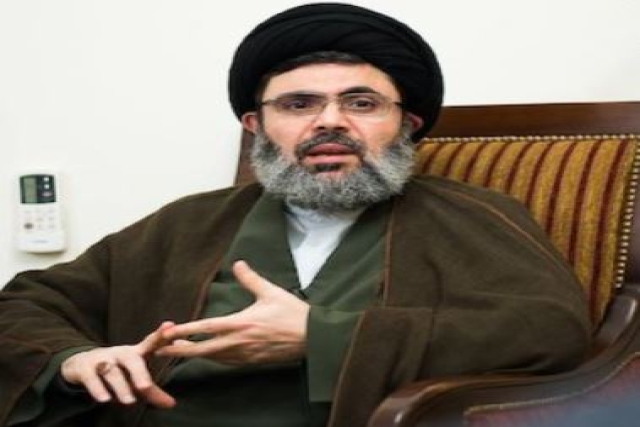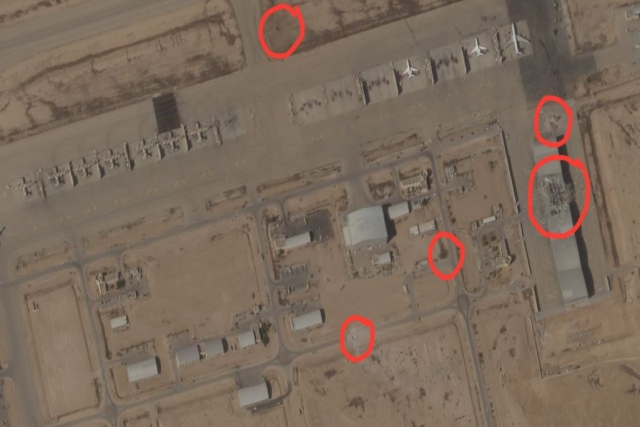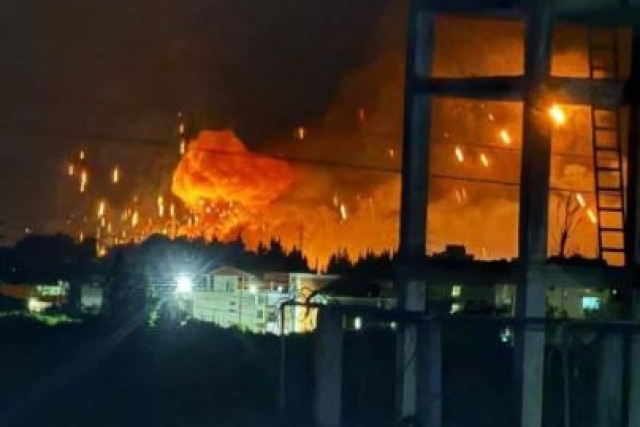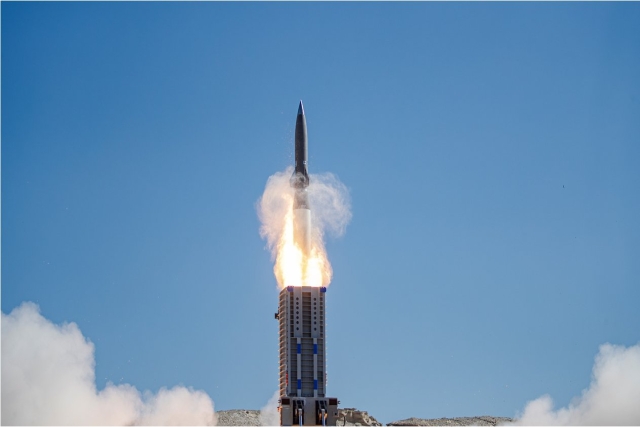Saudi Arabia, UAE, Qatar, Bahrain, Kuwait Not to Allow U.S. Airbases to Be Used Against Iran
The decision comes amid concerns that a wider escalation could endanger critical oil infrastructure in the Gulf region.
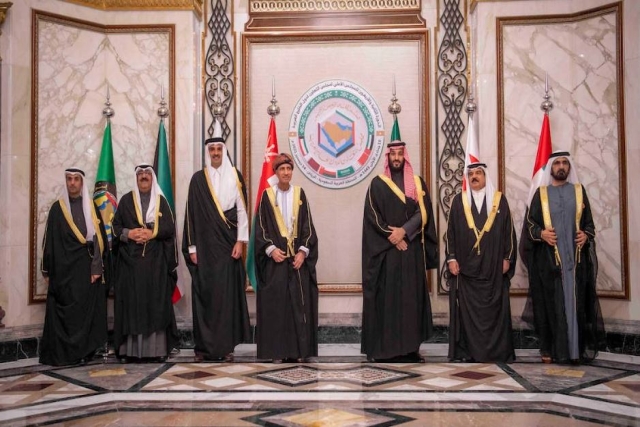
Saudi Arabia, Qatar, the United Arab Emirates, Bahrain, and Kuwait have declared they will not allow the United States to use their airbases for military action against Iran, reaffirming their stance of neutrality in the ongoing conflict between Tehran and Israel.
The decision comes amid concerns that a wider escalation could endanger critical oil infrastructure in the Gulf region, Reuters reports.
The announcement was made following meetings held in Doha this week, where ministers from Gulf Arab states and Iran, attending a summit of Asian nations hosted by Qatar, focused their discussions on de-escalation. Two sources revealed that Gulf leaders sought to reassure Iran of their neutral stance to prevent further regional instability, particularly in light of recent hostilities.
Tensions heightened after Iran launched its largest-ever assault on Israel on Tuesday, claiming it was a response to the assassination of senior Hamas and Hezbollah leaders, as well as Israeli operations in Gaza and Lebanon. Tehran has stated that its attack is over unless further provoked, but Israel has vowed to retaliate strongly. U.S. news outlet Axios reported that Israel may target oil production facilities inside Iran as part of its response.
Urgent calls for de-escalation dominated the discussions, with regional leaders expressing fears that an extended conflict could jeopardize key oil installations. Although Iran has not directly threatened Gulf oil facilities, it has hinted that intervention from "Israel supporters" could lead to retaliation against their interests in the region. According to Saudi commentator Ali Shihabi, Gulf states believe an Iranian strike on their oil facilities is unlikely, but are cautious given the hints conveyed through unofficial channels.
The Gulf Cooperation Council (GCC), composed of Saudi Arabia, the UAE, Bahrain, Oman, Qatar, and Kuwait, conveyed a unified message urging Iran to de-escalate. Saudi Arabia, the world's top oil exporter, remains wary of potential attacks on its oil facilities, especially after a 2019 strike on the Abqaiq refinery that briefly disrupted over 5% of global oil supply—an attack for which Iran denied responsibility.
Iranian President Masoud Pezeshkian, speaking at the event in Doha, reiterated that any direct attack, terrorist activity, or breach of Iran's red lines would prompt a decisive response from Iranian armed forces.

